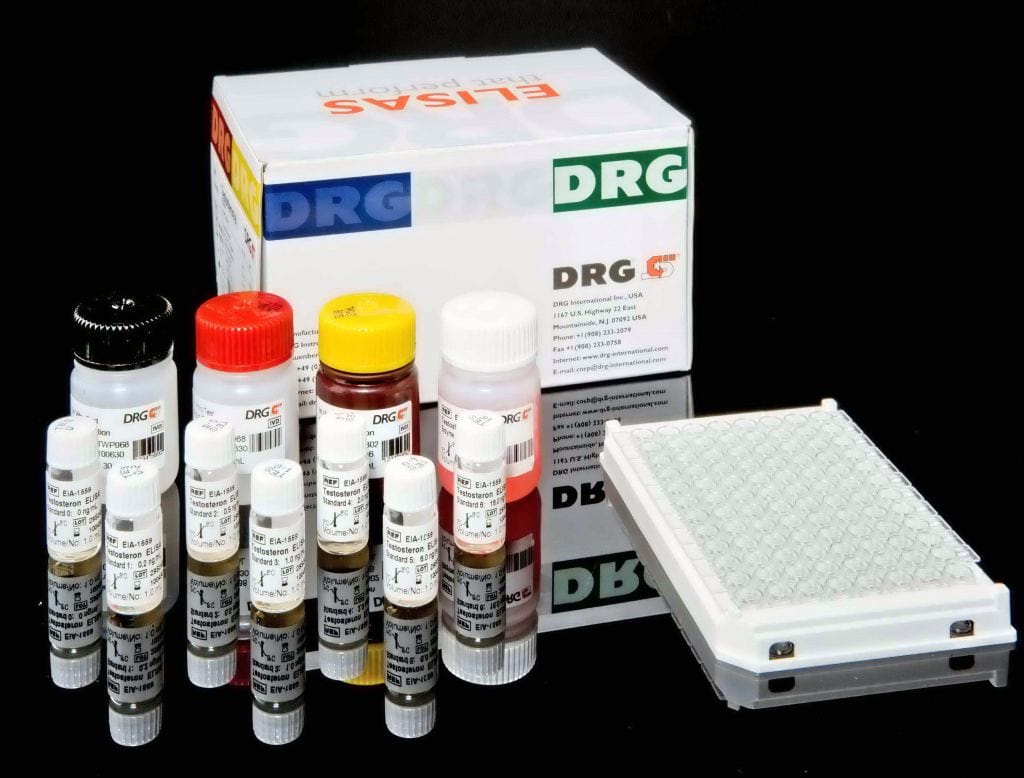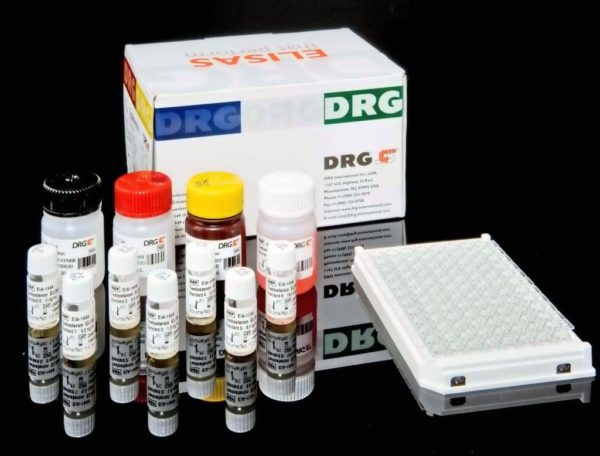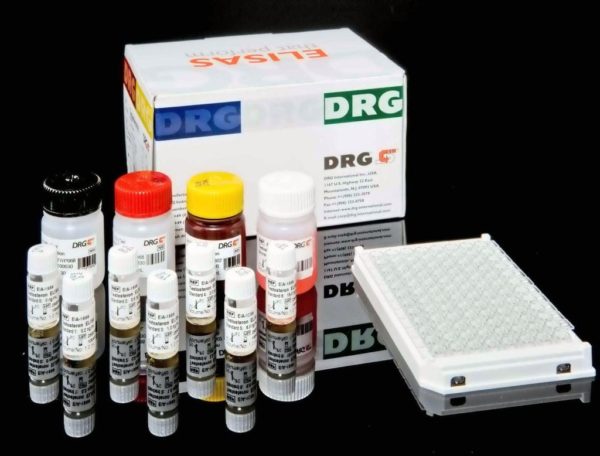Description
An enzyme immunoassay for the quantitative measurement of CA 125 in serum and plasma.
The TM CA 125 ELISA is an assay for the detection of OC 125 reactive determinants on a heterogeneous, high-molecular-weight (200 – 1,000 kDa) glycoprotein in serum.This glycoprotein was originally defined by the OC 125 monoclonal antibody established by Bast et al. (1). OC 125 reactive determinants can be found in a high percentage of non-mucinous epithelial ovarian tumors and are found in the serum of women bearing such tumors. CA 125 values are increased in most patients with active epithelial ovarian
cancer, including those with stage I disease (2). Elevated CA 125 values are also found in 1-2% of healthy individuals and may be elevated in diseases other than ovarian carcinoma, including both benign and malignant disorders (3,4). In women with primary epithelial ovarian carcinoma who had undergone first-line therapy followed by diagnostic second-look procedures, a CA 125 assay value greater than or equal to 35 U/mL was found to be indicative of the presence of residual tumor. CA125 level above 12 U/mL at the end of primary therapy is an independent predictor of overall survival (OS) and progression-free survival (PFS) (5,6,7). A CA 125 value below 35 U/mL does not indicate the absence of residual ovarian cancer because patients with histopathologic evidence of ovarian carcinoma may have CA 125 assay values within the range of healthy individuals. It is recommended that the DRG TM CA 125 ELISA be used by or under the order of a physician trained and experienced in the management of gynecological cancers.
The DRG TM_CA125 ELISA Kit is a solid phase enzyme-linked immunosorbent assay (ELISA) based on the sandwich principle. The microtiter wells are coated with a monoclonal
[mouse] antibody directed towards a unique antigenic site of the CA125 molecule. An aliquot of patient sample containing endogenous CA125 is incubated in the coated well with enzyme conjugate, which is a monoclonal anti-CA125 antibody conjugated with horseradish peroxidase. After incubation the unbound conjugate is washed off. The amount of bound peroxidase conjugate is proportional to the concentration of CA125 in the sample. Having added the substrate solution, the intensity of colour developed is proportional to the concentration of CA125 in the patient sample.




